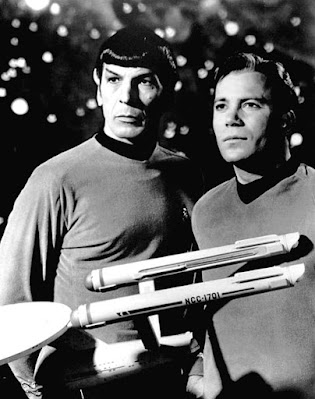In a Facebook Group I'm a member of, I created a poll on favorite Christian novelists, including my favorites as well as those that are well known (Jerry Jenkins of Left Behind, Frank Peretti, Janette Oke). I set it so others could add to the list.
Additions to the list included usual suspects. I forgot C. S. Lewis, but his space trilogy and Narnia Chronicles qualify him. J. R. Tolkien and John Grisham also were inserted - their work is mainstream even though both authors were Christian, but both authors consistently have a mindset compatible with Chrisitianity.
But then, someone added a name that made me blink, and I asked about him. Turns out that the added author was an Anglican priest. I never had known that about Lewis Carroll, author of Alice In Wonderland.
The person who added Carroll to the list and I then discussed what was meant by a Christian novelist - was it a novelist who wrote Christian fiction (which is where I was coming from when I started the poll) or a novelist who was a Christian. But then, he said I should be sure to read outside the Christian subculture.
That led me to think. Is Christianity a sub-culture? Or should it be our real culture, and seeing our involvement with the world as the subculture?
I'll admit - Christianity is not known for original thinking. There are Christian novels and Christian music in most genres, but in each case the Christian artists adapt their art to a genre already created by the world. In fact, I believe it was David Hunt (though it might have been Martin and Deidre Bobgans of Psychoheresy Ministries) who said there's no such thing as Christian psychology, but Christian psychologists co-opt the approach of a secular psychiatrist.
On the other hand, what is the purpose of emulating another established genre? In art, it can be simply the Christian artist fitting into a particular box. Other times, the goal is evangelism. I remember interviewing a musician who said his band was debating on going hard rock or alternative/new wave, and when they saw another area artist effectively witnessing in the former market, that band then set their sights on those needing to hear the Gospel on the other side.
But this still doesn't solve the problem. Does our Christianity fit into our culture? Or is Christianity our culture and the world the sub-culture?
Some will say a hearty amen and get ready to Christianize the culture. That's not what I'm talking about. Unbelievers don't have the Christian culture nor should they be expected to. God's message to them is not to conform but to repent from their sins.
The other extreme - retreating from the world - is likewise an unacceptable option. I have a friend who suggested developing a Christian calendar. No, we are in the world to reach the lost.
However, the issue is who our identity is. Should my identity be based on my nationality, my race, my sexual preference, my taste in music, or even being an artist? Or should my identity be that I'm a Christian? And shouldn't my Christianity be the core where everything else fits, rather than trying to adapt my Christianity to a certain box?
In what ways would you say Christianity influences everything else? What are competing kings that tempt you to adapt to those lesser kings instead of the King of Kings and the Lord of Lords?







